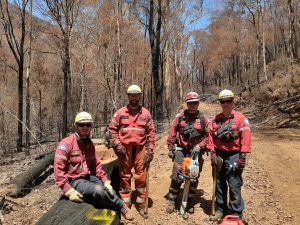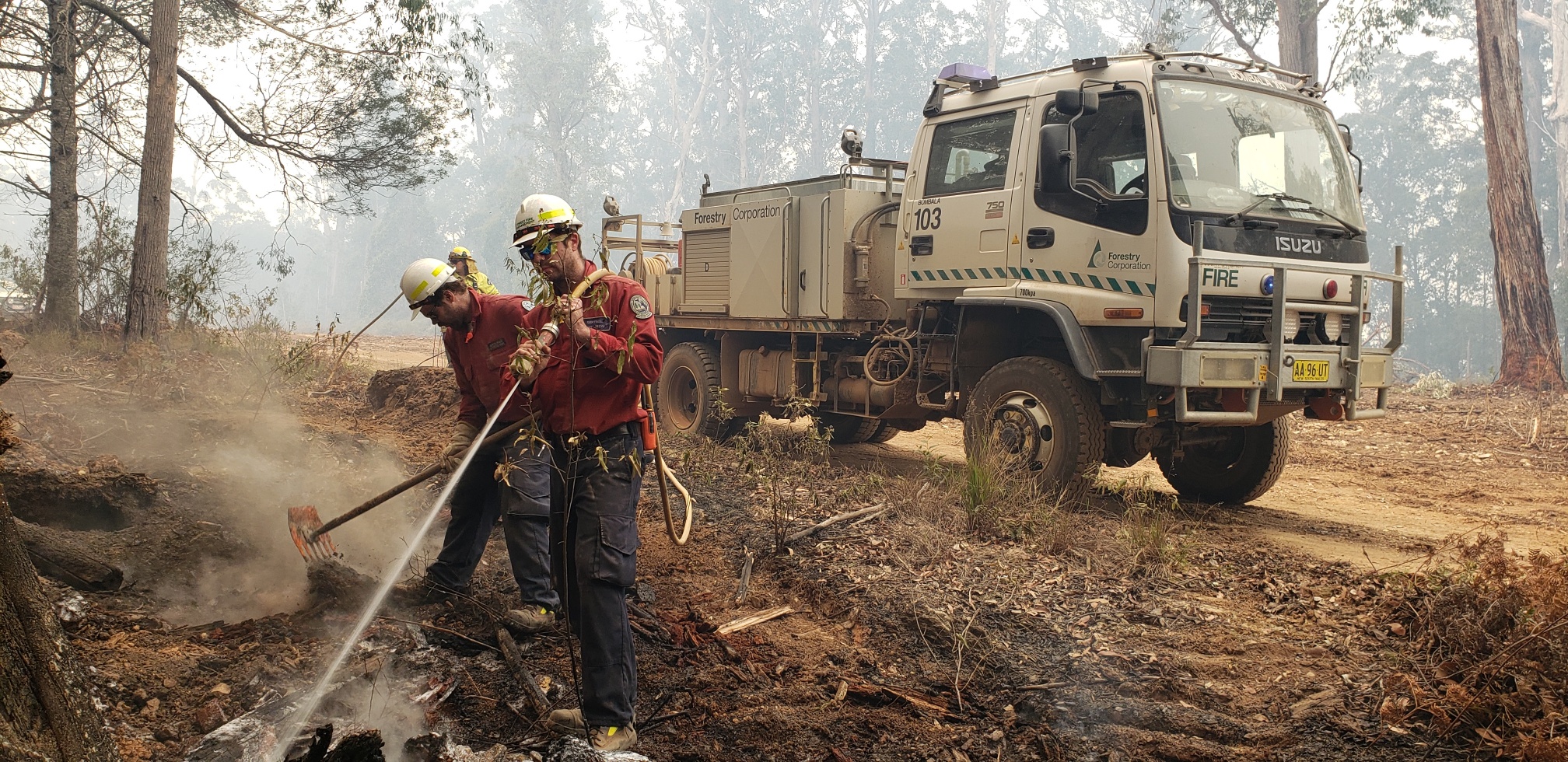Australia is no stranger to wildfires; however, the 2019-2020 fire season was one for the books.
When the first of the fires sparked in June 2019, although it was an early start to the season, no one could have guessed what lay ahead. With a severe drought affecting 95 per cent of the country, as well as persistent dry and warm conditions, the fires would only grow, and would continue to wreak havoc for months on end.
The last fire in Lake Clifton, Western Australia, was not fully extinguished until early May 2020. In that time, the fires burnt an estimated 46 million acres (or 186,000 square kilometres), destroyed more than 5,900 buildings and killed at least 34 people, including nine firefighters.
Additionally, the number of animals believed to have been killed as a result of the fires quickly climbed to over 1 billion, including a third of the New South Wales koala population. Areas affected included New South Wales, Queensland, Victoria, the Australian Capital Territory, and many more.
Economists estimated that the fires ultimately cost over $103 billion in damage and economic losses, making this Australia’s costliest natural disaster to date. This unprecedented fire season became known as the “Black Summer.”

Canadian task forces (firefighters) working in the Gippsland, Victoria area on January 29, 2020. Credit: Canadian Interagency Forest Fire Centre (via Twitter)
Canada sent its first deployment of 21 highly trained fire personnel to New South Wales on Dec. 3, 2020, just weeks before the fires would reach their devastating peak. On Dec. 22 and Dec. 30, two more groups of Canadians were sent to aid in the fire zone for respective 38-day deployments.
“Canada has mutual aid agreements with Australia, New Zealand, USA, Mexico, and South Africa. International sharing of firefighting resources is of fundamental importance to all countries,” says Melanie Morin, an information officer with the Canadian Interagency Forest Fire Centre. “The wildfire personnel currently deployed are deployed under the Canada-Australia agreement on wildfire management resource-sharing, held by NRCan. All deployed personnel raised their hands to go.”
In the end, more than 170 Canadian firefighting personnel travelled to Australia to assist with the wildfires, with more than 8 deployments in total. British Columbia, the Yukon and Northwest Territories, Alberta, Saskatchewan, Manitoba, Ontario, Quebec, Newfoundland and Labrador, Nova Scotia, and Parks Canada all contributed personnel, who worked tirelessly around the clock to provide support and help keep communities and wildlife safe.
In addition to firefighting personnel, Canada also deployed dozens of fire management experts and fire aviation specialists to Victoria and South Australia. They undertook roles in command, operations, planning, logistics and aviation. Canada also contributed a Royal Canadian Air Force CC-17 plane with 15 personnel to further aid with transport and provide airlift support.
“Our Australian hosts have repeatedly said that they were very grateful for our presence,” says Morin. “The additional capacity enabled them to give some of their personnel well deserved days of rest as well as a boost to morale.”

Canadian task forces (firefighters) working in the Ovens, Victoria area on January 26, 2020. Credit: Canadian Interagency Forest Fire Centre (via Twitter)
Experts have said that Canada’s response to the wildfires was second to none around the world. Morin says that although Canada was only one small member of the many international organizations that responded quickly and efficiently to the crisis, this consensus could be attributed to the standardized response system Canada uses to manage its wildfires.
“Canada, like several other countries such as the U.S. and Australia, uses the Incident Command System (ICS),” Morin says, “which allows us to integrate Australia’s operations more easily at a management level.”
The Shield Journal and our community would like to extend our gratitude and appreciation to all who were deployed and were able to make a difference for our friends in Australia.


